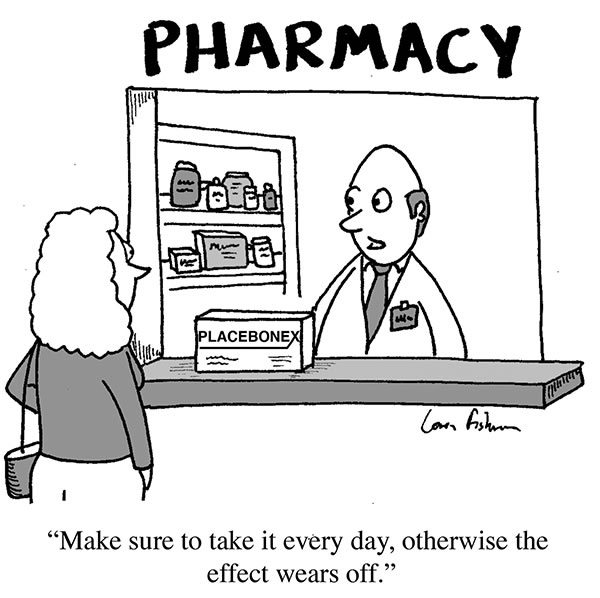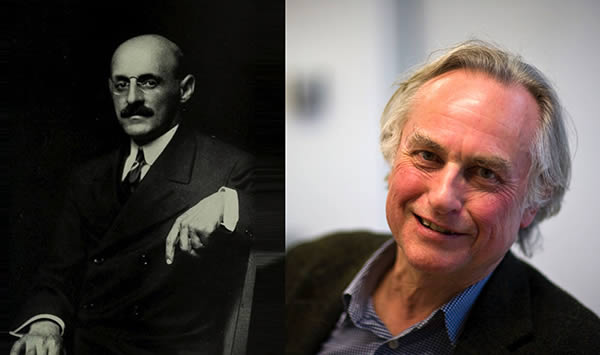Tag: medical ethics
Pharmacists Selling Snakeoil
Edzard Ernst published an excellent editorial today addressing the question of why pharmacists sell bogus products. Our own resident pharmacist, Scott Gavura, expressed similar points here on SBM a year ago. Their points are worth emphasizing and expanding upon. Professional ethics The explicit premise of both editorials is that pharmacists, like physicians, are health care professionals. Being a professional means adhering to...
The Ethics of Prescribing Worthless Treatments
Is it ever ethical for a physician to prescribe a treatment to a patient that they know to be entirely without efficacy? Is it ever possible to do this without deceiving the patient to some degree? I think the answer to both questions is a clear “no.” Within the flipped reality of “alternative medicine,” however, it suddenly becomes acceptable to deceive patients...
CRISPR and the Ethics of Gene Editing
If you have not heard of CRISPR yet, you should have. This is a truly transformative technology that allows for cheap and easy gene editing. It makes a powerful technology easily accessible. Powerful biological technology, like stem cells to give another example, always seem to provoke profound hope and fear. The ability to manipulate human biology comes with it the hope of...
Is Homeopathy Unethical?
“A gentle ethical defence of homeopathy” by Levy et al. was recently published in an ethics journal. A full-text preprint is available online. They say: Utilitarian critiques of homeopathy that are founded on unsophisticated notions of evidence, that adopt narrow perspectives on healthcare assessment, and that overstate the personal, social and ontological harms of homeopathy, add little to our understanding of the...

Placebo by Conditioning
Truly understanding placebo effects (note the plural) is critical to science-based medicine. Misconceptions about placebo effects are perhaps the common problem I encounter among otherwise-scientific professionals and science communicators. The persistence of these misconceptions is due partly to the fact that false beliefs about placebos, namely that “the” placebo effect is mainly an expectation mind-over-matter effect, is deeply embedded in the culture....

Stem cells versus Gordie Howe’s stroke, part 2
Another Christmas has come and gone, surprisingly fast, as always. I had thought that it might make a good “last of 2014” post—well, last of 2014 for me, anyway; Harriet and Steve, at least, will be posting before 2014 ends—to do an end of year list of the best and worst of the year. Unfortunately, there remains a pressing issue that doesn’t...
Science-Based Medicine Meets Medical Ethics
There are four main principles in medical ethics: Autonomy Beneficence Non-maleficence Justice Autonomy means the patient has the right to consent to treatment or to reject it. Autonomy has to be balanced against the good of society. What if a patient’s rejection of treatment or quarantine allows an epidemic to spread? Beneficence means we should do what is best for the patient....
Between a Rock and a Hard Place: A Case Study Exploring the Battle Lines of Science Based Medicine
Editor’s Note: This is a guest post solicited by Dr. Hall, who describes Dr. Albietz thusly: He’s a skeptical young pediatrician who works in a PICU and recently had a chiropractor come into the PICU to consult on a child with intractable seizures. He was sort of coerced to allow this at the parents’ request and against his better judgment. His hospital...
Does alternative medicine have alternative ethics?
Kimball Atwood has an interesting series of posts on the ethics of alternative medicine which I strongly encourage you to read. He does a great job examining the ethical implications of certain alternative medicine practices, and has a terrific dialog with Peter Moran, a frequent commenter here. At my other online locale, I make frequent forays into the morass of medical...

